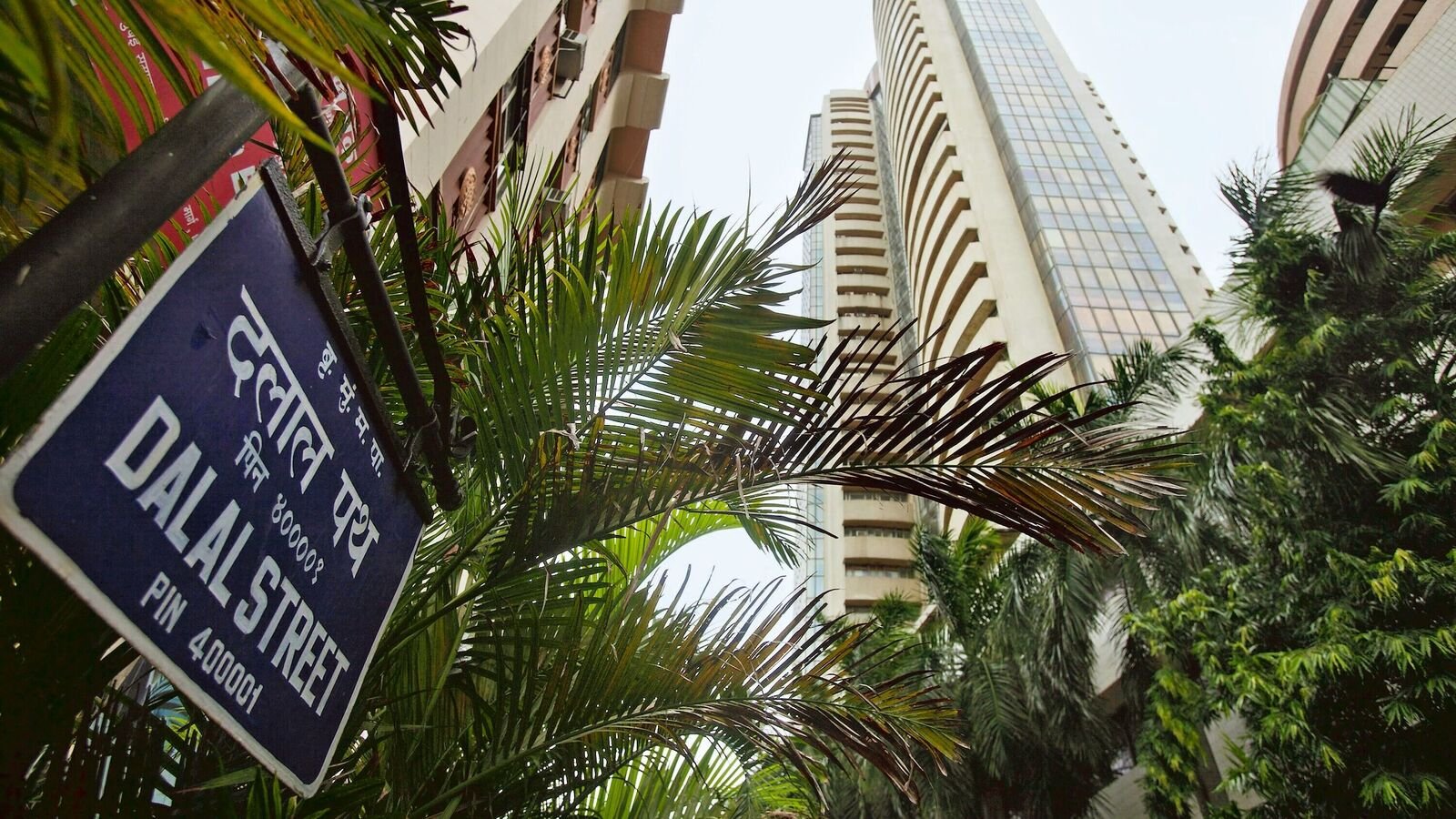I am a non-resident Indian working abroad. I plan to return to India and live and work here for at least a few years. Am I allowed to keep my local Indian bank accounts? Do I need to open non-resident external (NRE) or non-resident ordinary (NRO) accounts? Should any income from India be deposited only into an NRO or NRE account? How will my income in India be taxed as I am a Canadian citizen?
Since you are a non-resident working abroad, you should have converted all your local bank accounts into Non-Resident Ordinary (NRO) accounts immediately upon leaving India to take up employment outside India.
Important Update for Non-Residents Returning to India
A person immediately becomes a resident of India when he comes to take up employment or to carry out any profession or business here in India or comes back to India with the intention to stay for an indefinite period.
Since you are returning to India to work here and stay here indefinitely, you will become a resident of India under the FEMA provisions, which govern banking and investments by a person in and outside India. Please note that residential status under FEMA differs from income tax laws and is relevant for different purposes. Since you will become a resident for FEMA purposes immediately upon your arrival here in India, you are not allowed to have an NRO account, NRE account, or FCNR account.
Income taxability depends on residential status, which changes yearly under the income tax laws depending on your physical stay in previous years and the aggregate of your physical stay in the past. Your Indian income will become taxable in your hands irrespective of your residential status under the tax laws.
Read all our personal finance stories here
Balwant Jain is a tax and investment expert and can be reached at jainbalwant@gmail.com and @jainbalwant, his X handle.
Disclaimer: The views and recommendations above are those of individual analysts, not Mint. We advise investors to check with certified experts before making any investment decisions.



